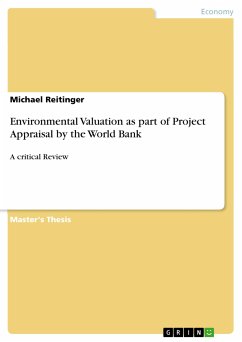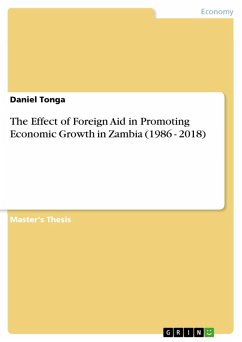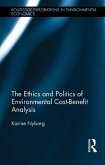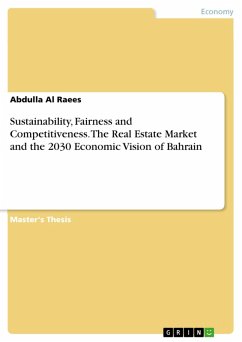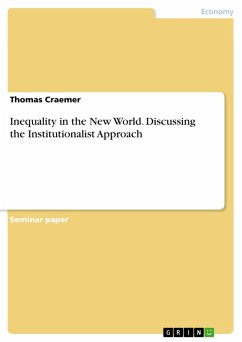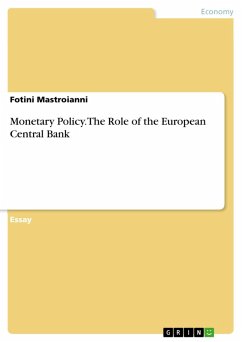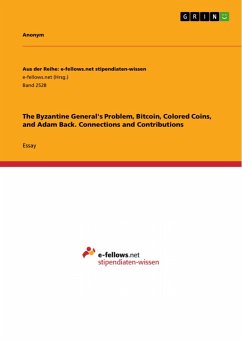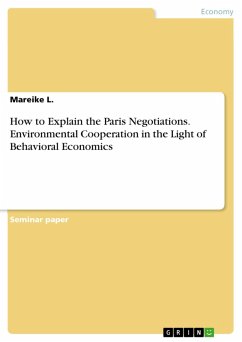Master's Thesis from the year 2011 in the subject Economics - Other, grade: 1,0, University of Manchester (School of Environment and Development), course: International Development, language: English, abstract: In face of scarce resources and growing population, sustainability became the term used to consider the needs of future generations in the decision making process referring projects. The World Bank, as one of the major players in the field of development research and practice, aggregates information from different areas in the project appraisal document (PAD) in order to allow for sustainability. One of the approaches used to measure environmental impacts of a project is economic valuation of environmental goods and services. The results of this approach flow into the cost benefit analysis, which is part of the economic analysis. Although substantial critique has been expressed over the last decades, environmental valuation and costbenefit analysis are considered sensible tools in the context of decision making over project funding. This is especially the case because of tremendous development of these techniques over the last decades. This study shows that the World Bank, as one of the leading institutions in the world, treats this topic from two different perspectives. First, there is the theoretical side. Here the World Bank sets out ideal procedures, under their rules and guidelines, and publishes papers and reports with respect to further development of underlying methods. The aim here is to allow for measurement of total social welfare, or in other words measurement of the complete picture of environmental costs and benefits associated with a project. Second there is the practical side, were the World Bank adjusts environmental valuation techniques in order to understand the most important costs and benefits associated with a project, where measurement of the total social welfare of a project is not the target. In this case the aim is to collect sufficient information to allow making a funding decision, rather than understanding the complete picture. This impression is caused by findings from the case study which showed that during project appraisal obvious environmental benefits have not been measured.
Dieser Download kann aus rechtlichen Gründen nur mit Rechnungsadresse in A, B, BG, CY, CZ, D, DK, EW, E, FIN, F, GR, HR, H, IRL, I, LT, L, LR, M, NL, PL, P, R, S, SLO, SK ausgeliefert werden.
Hinweis: Dieser Artikel kann nur an eine deutsche Lieferadresse ausgeliefert werden.

